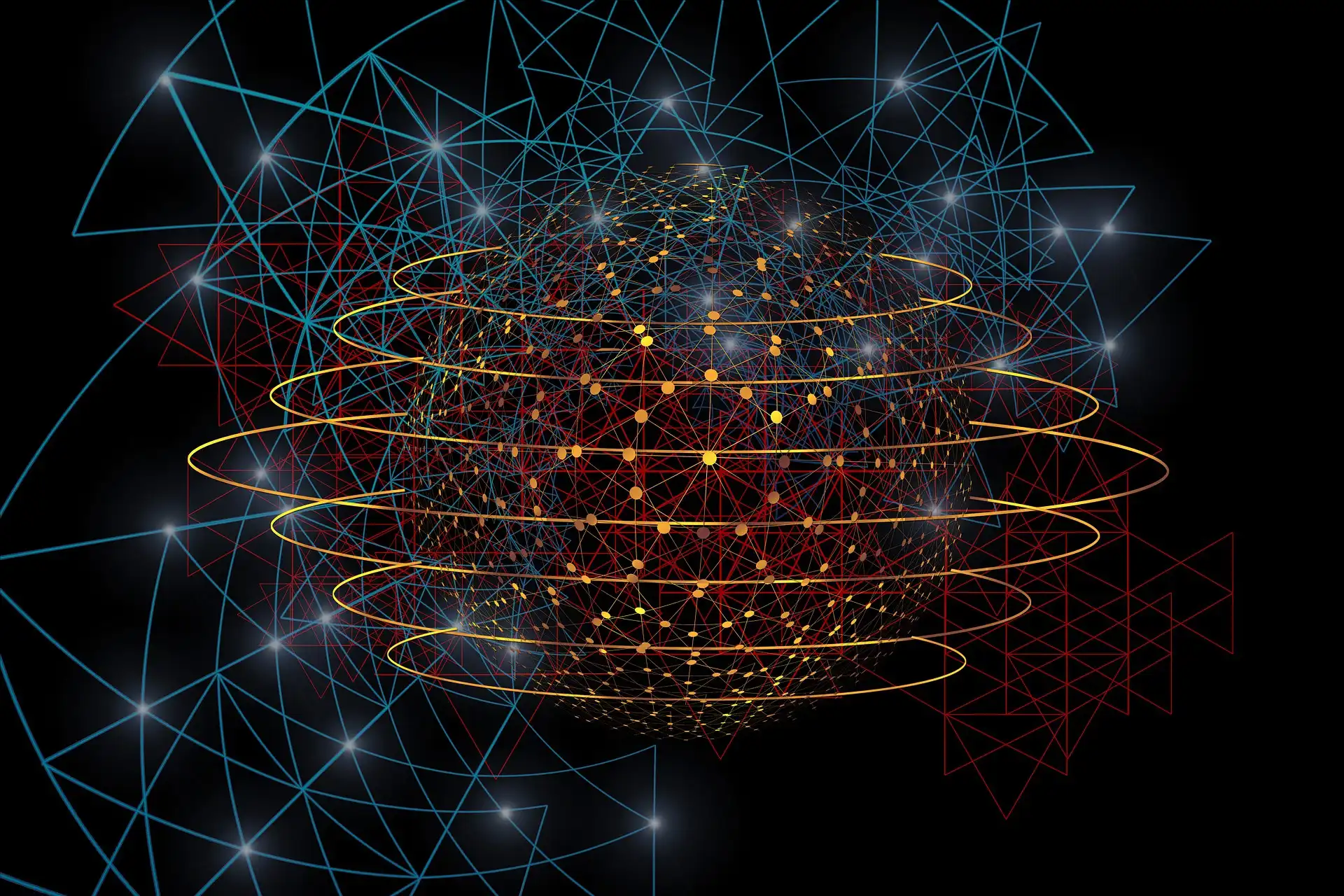The adage that wisdom comes with age has been challenged by recent scientific studies. A comprehensive review of the available literature on the matter suggests that older adults aren't necessarily wiser than their younger counterparts. Instead, individual aspects of wisdom may develop independently of age altogether.
The exploration of wisdom as a trait has intrigued the scientific community. Researchers have pointed out that the common belief of wisdom growing with age may be far from the truth. This outcome has resulted in a shift in how wisdom is perceived, especially regarding its relationship with aging.
Thus, the investigation into the relationship between wisdom and aging has unveiled some intriguing findings. These insights suggest that wisdom lies far beyond the scope of age itself. Instead, it is an intricate mix of experience, personality traits, and environmental influences that shape it.

While some people may naturally acquire wisdom through the experience of living, the process is not universal. Studies reveal that certain personality traits and life circumstances also contribute to the growth of wisdom. This independent development suggests that wisdom may not be strictly tied to aging.
Historically, wisdom has been tied to the timeline of life. Older individuals are often seen as wellsprings of wisdom due to the experiences they have lived through. However, according to the research, this notion may be little more than a stereotype.
Numerous studies considered in the review indicated that age did not significantly affect wisdom development. Interestingly, some people retain the same level of wisdom throughout their lives, while others might even show a decline with age.
Wisdom includes complex and cognitive behavioral elements. Key components such as empathy, humility, and critical thinking don't necessarily improve with age. Thus, it's not entirely accurate to view aging solely as a pathway to wisdom.
Many studies have highlighted that personality traits play a significant role in the development of wisdom. People who are open to new experiences, compassionate, creative, and emotionally complex tend to show higher levels of wisdom later in life.
Environments that encourage learning, growth, and adaptability are also shown to foster wisdom. In-depth studies have shown that external factors such as socio-environmental influences can significantly impact wisdom development, regardless of age.
The research has proven invaluable for people, especially those who believe age is the only contributing factor to wisdom. Recognizing that wisdom does not only stem from the mere act of aging, but the culmination of experiences, might encourage a broader perspective.
Nonetheless, the bridge linking wisdom and age has not been entirely dismantled. Researchers recognize that there are certain aspects of wisdom that do tend to improve with age, even though the process is not guaranteed.
Understanding that wisdom is not necessarily an outcome of age alone may have profound implications. For one, it encourages an approach that focuses on cultivating wisdom throughout life, rather than waiting for it to reveal itself with age.
The scientific community is eager to continue exploring this topic. The idea of distilling wisdom to its core elements and understanding how it is influenced by countless variables is a fascinating endeavor.
The link between wisdom and age continues to be a subject of intense research and debate. It is clear that wisdom and aging aren't inextricably linked, and the nature of their relationship is much more complex than initially perceived.
This new understanding of wisdom is essential from a social and educational viewpoint. It recommends an emphasis on nurturing the elements of wisdom from an early age, instead of relying only on the aging process to foster them.
Wisdom should not be viewed as a byproduct of age but as a trait that can, and should be nurtured regardless of age. This perspective opens a new avenue to approach personal development and mental enrichment in a comprehensive way.
This study's findings counter the popular notion that wisdom is a natural product of aging. However, it also poses several new questions about the true nature of wisdom, creating a fertile ground for future research.
Ultimately, wisdom springs from a multitude of sources, and age is just one of them. The reality is much more complex and has far-reaching implications for how we perceive wisdom, personal growth, and our approach to learning.
In conclusion, wisdom and age aren't as closely knit as previously thought, according to the research. However, this unveiling paints a far more interesting picture of wisdom — one that is vibrant, multi-faceted, and independent of the constraints of aging.
The rich and complex nature of wisdom demands a multifaceted approach that looks beyond age. As we continue to redefine wisdom, we need to value its unique elements, irrespective of their connection with aging.